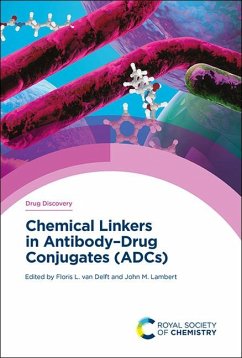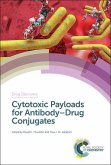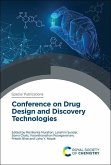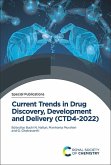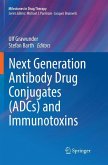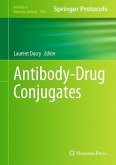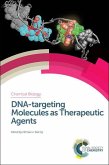The covalent conjugation of potent cytotoxic agents to monoclonal antibodies, known as antibody-drug conjugates (ADCs) is a powerful approach in the field of targeted cancer treatment. Clearly, both monoclonal antibody and cytotoxic payload are crucial elements in determining the clinical value of an ADC and have received ample attention. However, the structural element connecting the two - the chemical linker - also plays an essential role in mode-of-action, efficacy, pharmacokinetics and safety profile of an ADC, but is often underappreciated in considerations of ADC design. Chemical Linkers in Antibody-Drug Conjugates (ADCs) aims to shine a detailed light on the various key attributes of chemical linkers in ADCs, for drug-to-antibody ratio, for stability, for release mechanism of payload, for pharmacokinetics, for stability determination, and for efficacy and safety. Ideal for postgraduate students and active researchers in drug discovery and development, this book provides a comprehensive description of linkers used in ADCs (clinical and late preclinical), insight into key quality attributes of linkers for ADCs, and aids the reader in understanding the role of linker chemistry and designing new ADCs.
Hinweis: Dieser Artikel kann nur an eine deutsche Lieferadresse ausgeliefert werden.
Hinweis: Dieser Artikel kann nur an eine deutsche Lieferadresse ausgeliefert werden.

